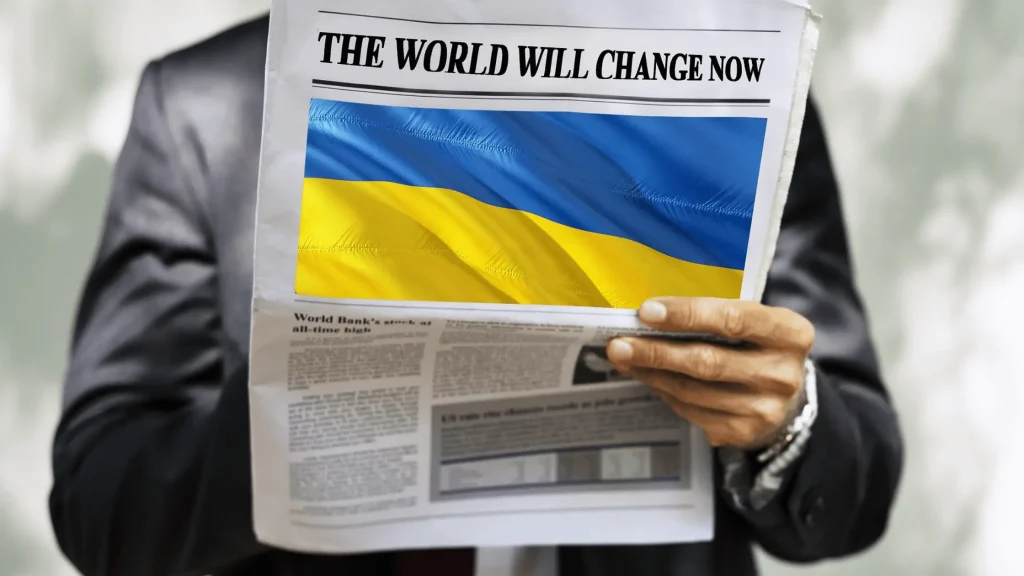“The direct impact on our economy comes from the spillover of economic effects of the war in Ukraine. At this moment we do not have direct consequences of the war, but we can quite certainly expect that the war in Ukraine will slow our GDP growth this year and increase inflation, primarily because of increased prices of energy and cereals that are largely produced in Russia and Ukraine,” Vujčić told a press conference.
He added that the scale of the impact would depend on developments in Ukraine, “which at this point are hard to predict.”
Rush for euro
Asked to comment on “the rush for euro”, after exchange offices have been reported by the media as saying that they sell all the euros they get, Vujčić said this was nothing of significance.
He said there had been an increased demand for euro since the second half of last year due to last year’s much better tourist season and the nearing of the date of euro adoption by Croatia.
According to the central bank, there was a strong increase in foreign currency deposits with commercial banks in January, picking up from 2.2 to 6.6 per cent at an annual level.
“This trend shows a strong net inflow of foreign currency into the banking system,” Vujčić said.
For more, check out our business section.










